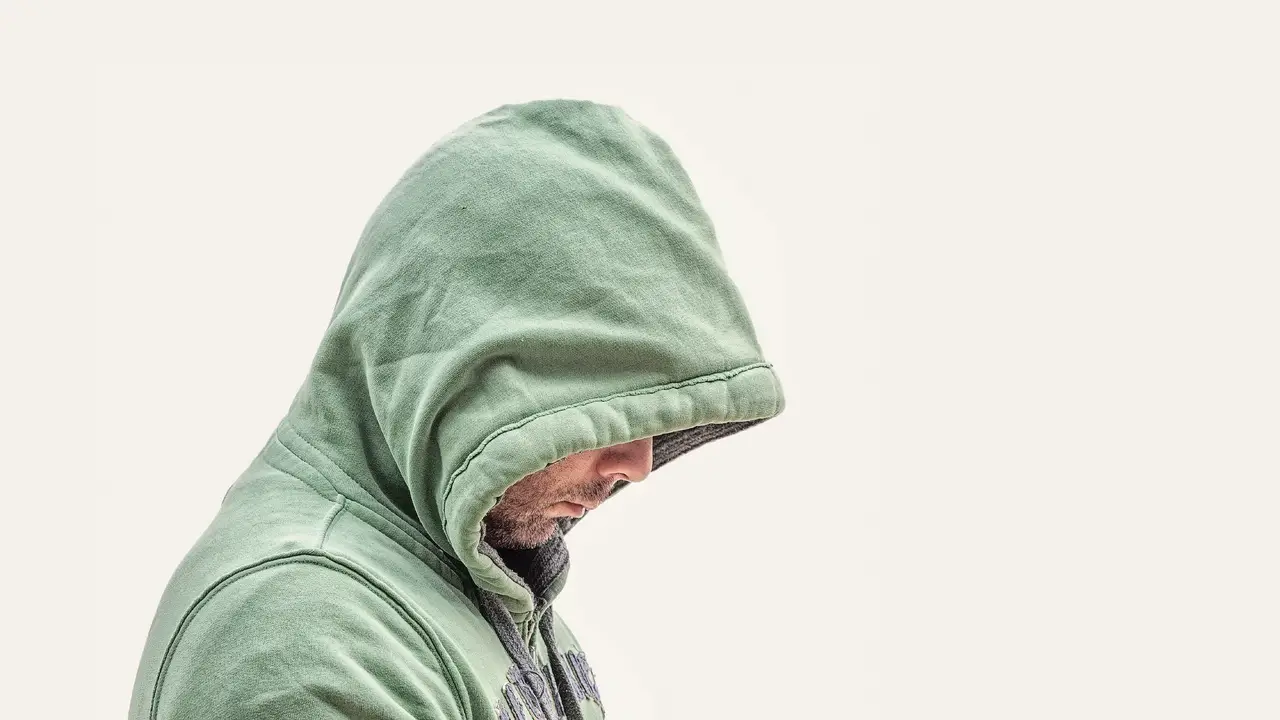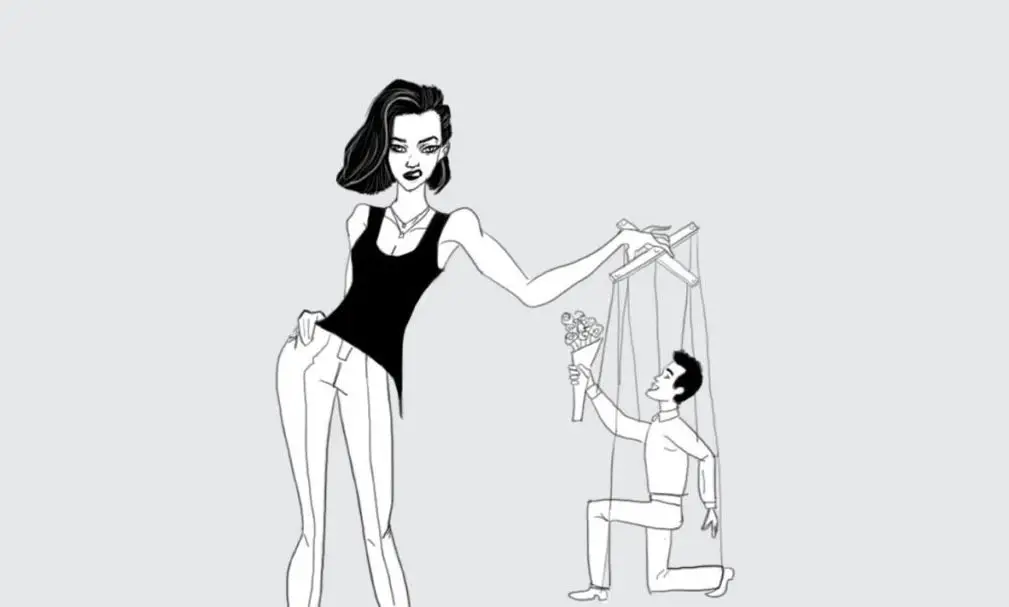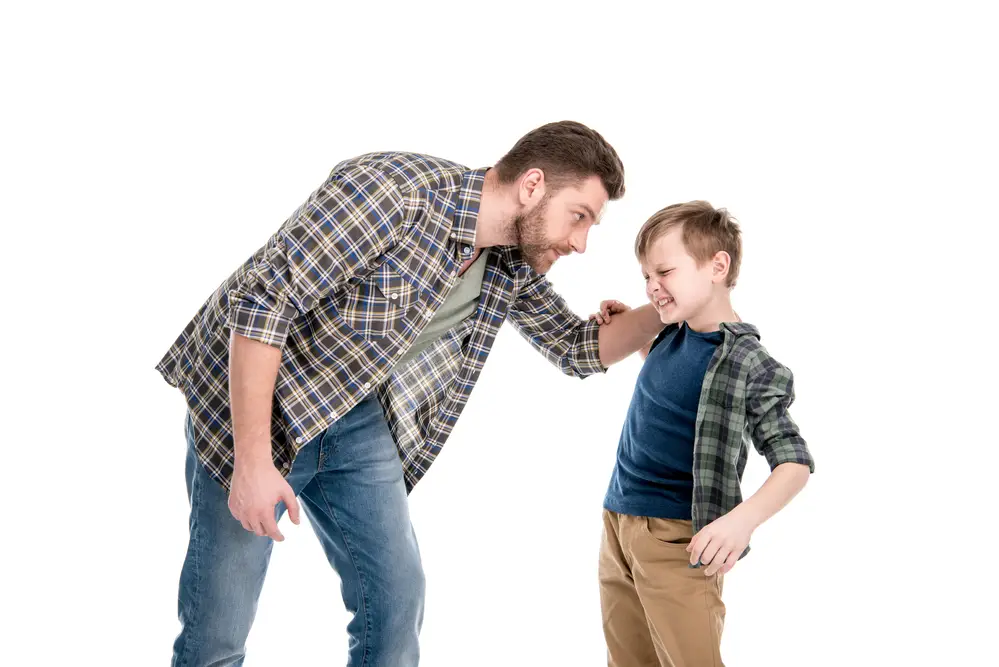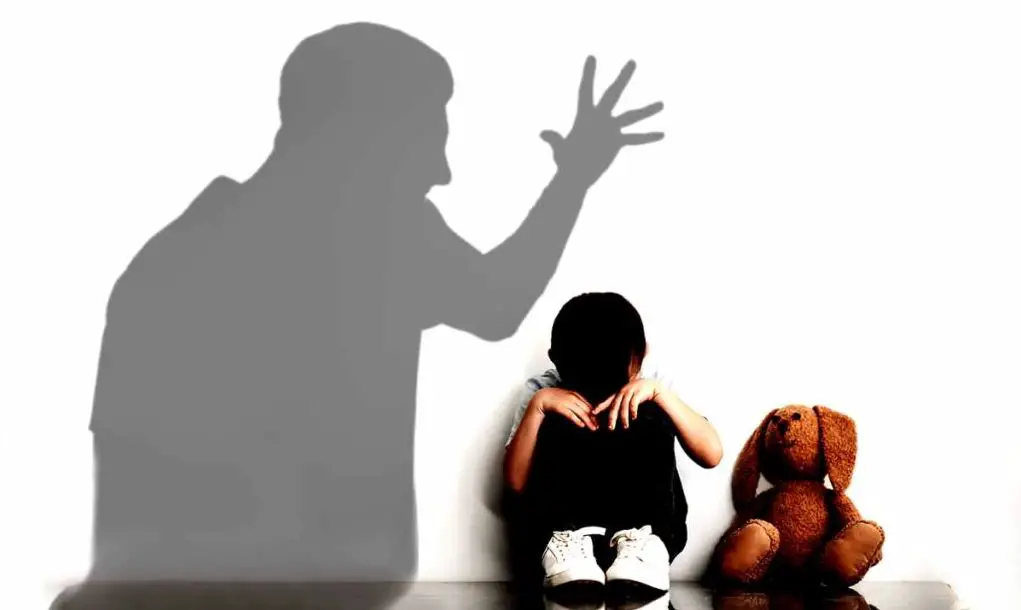It is about creating and finding situations that allow a victim to be played. This involves actively avoiding responsibility and passing on the blame to others, often without much or no justification. This can include exaggerating one’s problems, manipulating or withholding data, pretending to be innocent and helpless, attacking or blaming others or playing up physical weakness. These behaviors can cause harm to others and damage their self-worth.
If our personality makes us feel like we are a victim, then we can blame others and feel powerless to address our problems. It can cause us to fall into a vicious circle of negative thinking and behavior that can be difficult to break. You might feel embarrassed or even apathetic about your situation and convince yourself that nothing you do can change it. This outlook is rarely able to offer real solutions.
These are 15 signs that someone is always playing victim
1. They don’t take responsibility
They avoid taking responsibility for their actions and look for ways to avoid it. They blame others or make excuses for the situation. This type of behavior reinforces negative thoughts and hinders personal growth.
2. Frozen in life
They feel stuck in their lives, unable make meaningful progress due to a lack of accountability. They get stuck in a cycle of avoidance and blame that doesn’t work. They can take responsibility for their actions and move forward in a positive direction.
3. Do not look for possible solutions
To find possible solutions, you must take responsibility for your situation. It’s not enough to identify the problem. Active effort must be made in order to find a solution. This requires deep reflection and honest assessment of the root causes. It may then be possible to find reasonable and practical solutions.
4. Grudges
A sign that someone is playing the victim is holding on to grudges. This can happen because the victim is unwilling to take responsibility for their actions, thoughts and choices. Inability to move forward from a situation can cause roadblocks that prevent progress and hinder forward-moving actions. Individuals must take responsibility for their actions in every situation, and not blame others or give power away to anger and resentment.
5. Feelings of anger, frustration, and resentment
External forces are often blamed for the situation and not held responsible. This can lead to blaming and feeling helpless. It can also cause a vicious cycle of self-pity. It is important to take control of your circumstances and engage in problem-solving behavior to be able to change the narrative.
6. Not being assertive enough
A victim-playing person may find it difficult to assert themselves. This can manifest as a failure to take responsibility for their actions and be assertive. It can be hard to get out of victim-like behavior without a sense basic agency. It is essential to be able to communicate effectively and set healthy boundaries in order to move forward. A professional such as a counselor, psychologist, or life coach can help you change your life. It is possible to stop being victim-like and take control of your life with the guidance and assistance of professionals.
7. Feeling powerless
People who play the victim role often feel powerless. These feelings of powerlessness are often caused by an inability to recognize and express one’s needs, set healthy boundaries or seek help from others. People can feel helpless and incapable of taking control of their lives, which can lead to feelings of resentment or depression.
8. Trust in no one
Victims often have a hard time trusting others and feel isolated. Feeling abandoned and exploited by past partners or loved ones can cause victims to avoid developing close relationships with others, even though they may want to. Fear of trusting others can cause victims to feel disconnected from their experiences and the people around them. This can further cement the belief that positive change is impossible.
9. They don’t know how much is enough.
Victims feel overwhelmed and often find it difficult to assert themselves. Fear of being judged and losing control can make victims give in to their fears rather than stand up for themselves. It is crucial that victims can recognize when enough is enough, and then take appropriate action to protect themselves and their self-worth.
10. They argue a lot
As a way of coping with their emotions, victims of abuse resort to argumentation. This behavior, whether it is being critical or defensive, can quickly damage relationships and erode any trust that has been established. Victims of abuse need to be able to recognize abusive behavior and find ways to express themselves in a healthy way that is not destructive.
11. They feel self-pity
Victims of abuse often feel overwhelmed by a deep sense self-pity, which can lead to despair and hopelessness. Although this is normal, it can be hard to get out of the cycle and see the truth. Victims should seek professional support to help them get past these difficult emotions and continue their healing journey.
12. They are able to compare themselves with others
Victims of abuse might feel insecure and inadequate when comparing themselves with others. This can be especially damaging if the victim is comparing themselves to others who have not experienced any adversity. Victims need to realize that every person has their own struggles. Keeping their eyes on their own will help them gain self-confidence and a positive outlook.
13. They are always short of things in life
Victims of abuse might feel like life is lacking in some way, no matter what they do. This can make it difficult to find joy in the moment or hope for a better tomorrow. Victims should try to have a more realistic and balanced outlook, while still recognizing their resilience and strength as they go through their healing process.
14. They are crucial
Victims of abuse might have a tendency, to make others feel inferior and to find fault to make themselves feel better. This is to try to give them a false sense superiority. They should use their energy to help others and foster a sense positive self-worth and positivity. They will be more successful than seeking temporary pleasure in being the victim.
15. People should be cut out of their lives
Victims of abuse might find it difficult to connect with their loved ones and friends. It could be because of feelings of shame, self-loathing or a lack of willingness to accept criticism and disappointment that can often come with social interaction. You can find support relationships with people who will validate your worth and help you on your journey to healing.
This behavior is a result of where?
Victims of abuse often trace their origins back to childhood, where they may have suffered emotional, physical or verbal maltreatment from their caregivers. This mistreatment can lead to a vicious cycle of abuse that will continue into adulthood. Victims of abuse must recognize the root cause of their trauma in order to make a better future.
Solutions
Healthy boundaries can be a solution to victims who are playing victim. It involves learning about the acceptable and unacceptable behaviors of others and communicating these expectations clearly. It’s also important to practice self-care, and to find ways to deal with difficult emotions when they occur. It is important to have a network of family and friends who can offer emotional support. A great way to receive additional guidance is to seek the help of mental health professionals if you feel victimized.
Bottom line
People who are playing victim need to be able to recognize their behavior and change it. It is possible to end the victimhood cycle and regain control of your life with the right guidance and support.














Leave a Reply